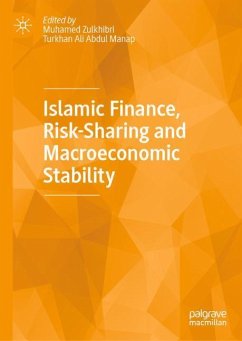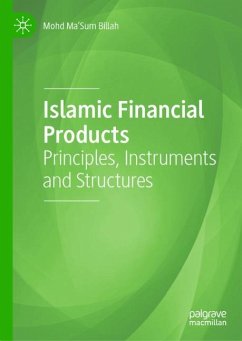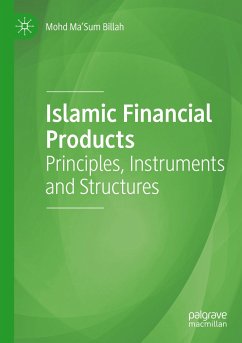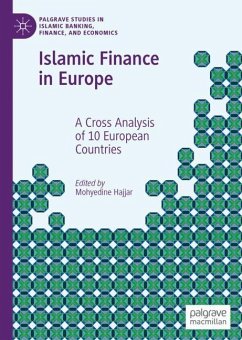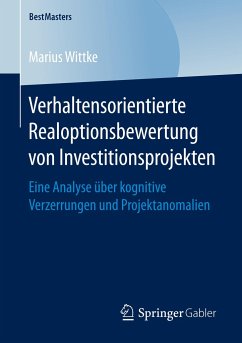
Halal Cryptocurrency Management

PAYBACK Punkte
38 °P sammeln!
The growth of Islamic finance today is significant, making it timely to meet the market demand across the world and particularly for Muslim countries by producing a cryptocurrency model under the Shari'ah ethical principles. This book addresses core components of cryptocurrency within the Maqasid al-Shari'ah in enabling students, academics, users, traders, issuers, promoters, facilitators, managers, regulators, decision makers, blockchain technology providers, financial authorities, and other relevant professionals to understand Shari'ah cryptocurrency and its practical mechanisms. Among the i...
The growth of Islamic finance today is significant, making it timely to meet the market demand across the world and particularly for Muslim countries by producing a cryptocurrency model under the Shari'ah ethical principles. This book addresses core components of cryptocurrency within the Maqasid al-Shari'ah in enabling students, academics, users, traders, issuers, promoters, facilitators, managers, regulators, decision makers, blockchain technology providers, financial authorities, and other relevant professionals to understand Shari'ah cryptocurrency and its practical mechanisms. Among the issues covered are corporate understanding, global phenomena and world view, the Shari'ah model, SWOT analysis, innovation, conventional practices and the Halaldichotomy, regulatory standards, blockchain and its technological paradigm, practicality, establishment, and operational mechanisms, Zakat and Waqf through cryptocurrency, risk factors, andtakaful solution. This book establishes a Halal alternative model of cryptocurrency management within the Maqasid al-Shari'ah to meet the contemporary global market demand.





